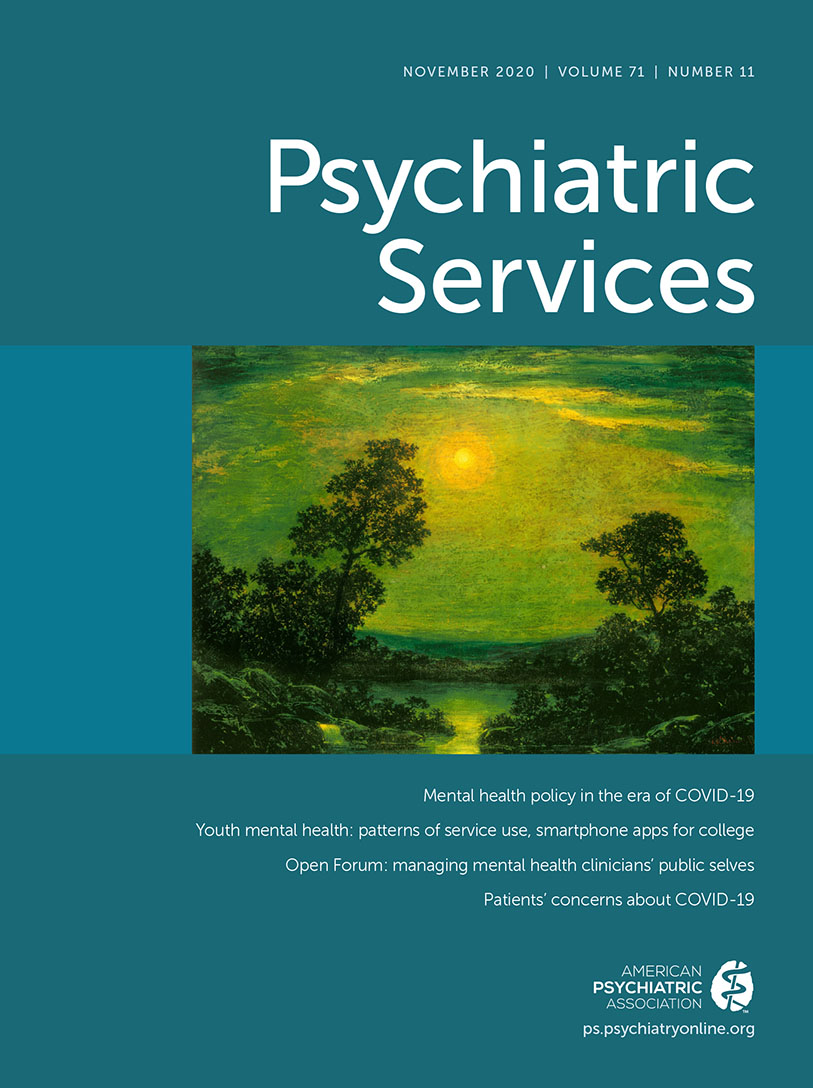Integrating Mental Health and Addiction Treatment Into General Medical Care: The Role of Policy
Abstract
Interventions that integrate care for mental illness or substance use disorders into general medical care settings have been shown to improve patient outcomes in clinical trials, but efficacious models are complex and difficult to scale up in real-world practice settings. Existing payment policies have proven inadequate to facilitate adoption of effective integrated care models. This article provides an overview of evidence-based models of integrated care, discusses the key elements of such models, considers how existing policies have fallen short, and outlines future policy strategies. Priorities include payment policies that adequately support structural elements of integrated care and incentivize multidisciplinary team formation and accountability for patient outcomes, as well as policies to expand the specialty mental health and addiction treatment workforce and address the social determinants of health that disproportionately influence health and well-being among people with mental illness or substance use disorders.



